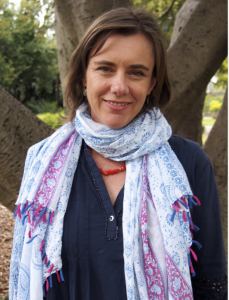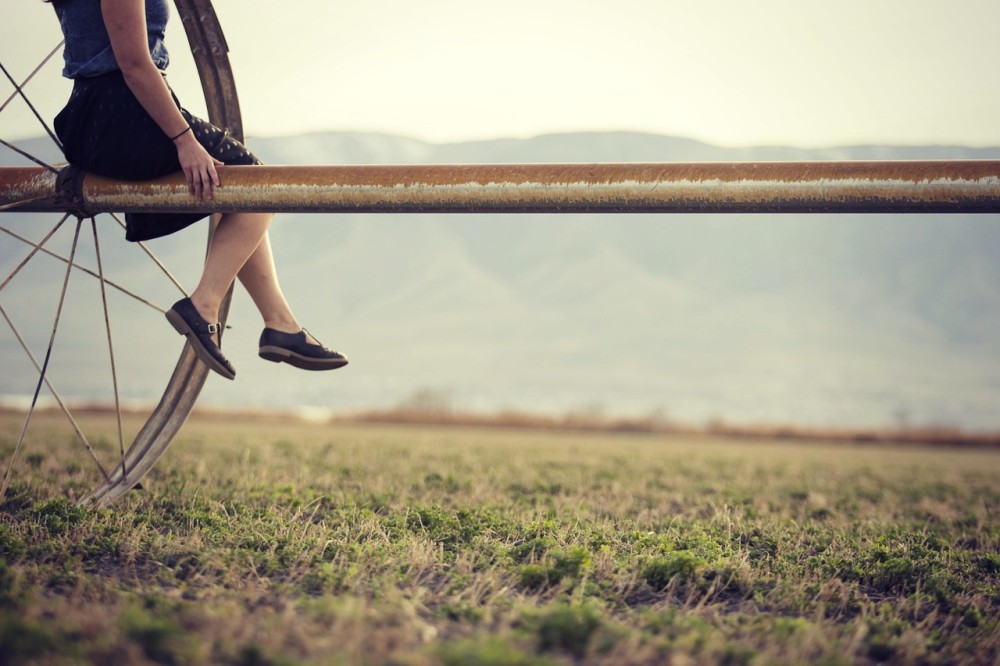Originally I came to meditation through yoga. After many years of a very physical yoga practice, I found my home practice had become less and less active. Allowing my body to guide me, at home on the mat, I no longer sought physical expression, but experienced a deep desire to sit. Sitting in the unknowing, meditation became me.
It was in this sitting, that I came in contact with a deep unidentified grief. Whilst incredibly painful, it was only in this sitting in the grief, that I began to experience glimpses of the potential for opening beyond the pain. During this time, I continued to regularly attend yoga class and at home listened to my body, allowing myself to sit in mediation or to reflect in my journal. This period was transformative, resulting in me opening to a new path in my life.
Many years on, as I reflect on this experience and other pivotal moments in my life, I note what has sustained me. Consistently it has been a blend of physical expression and reflection. Noting that without one the other loses strength.
Whatever the form, our exercise and reflective practices take, I sincerely believe that it is only in being in contact with our physical being, that we can find the strength to be.
Reflection – what do you do to support your capacity to find both stillness and expansion in your life?
[irp posts=”874″ name=”9 Ways to Tap Into Your Intuition (And Why You’ll Want To)”]

About the Author: Sarah Sacks
Sarah is a qualified and experienced counsellor, meditation teacher and group facilitator.
Sarah’s years of body based based practices, in meditation and yoga, have led Sarah to believe in the inherent wisdom of the body. In line with this belief, Sarah has trained and qualified as a Whole Body Focusing Orientated Therapist, Transpersonal Counsellor, Holistic Counsellor, Meditation Teacher and is currently continuing her training in Group Psychotherapy Facilitation.
Over the last 5 years Sarah has worked in the not-for-profit sector, the community health sector and privately, as a generalist counsellor and group facilitator. Sarah has experience working with children, families and adults around issues of; isolation, anxiety, depression, grief, loss, trauma, anger, separation, addiction and general mental health.
Sarah’s warm and intuitive counselling style, along with her extensive life experience, enables Sarah to gently support her clients towards their own path of change.
Qualifications – Bachelor of Holistic Counselling, Diploma of Transpersonal Counselling, Bachelor of Business (International Marketing & Trade), Diploma of Arts (Japanese), ACA (level 2), qualifying member for CAPAV
You can find Sarah at The Grove Counselling and Therapy and on Facebook.
See the The Grove’s ‘Training and Events’ page for more information about training and events offered by the Grove, including Wholebody Focusing Training. This program is open to anyone interested in conscious living and connecting directly to their own body wisdom, and will be of particular interest to therapists and body/movement focused practitioners.



Leave a Reply